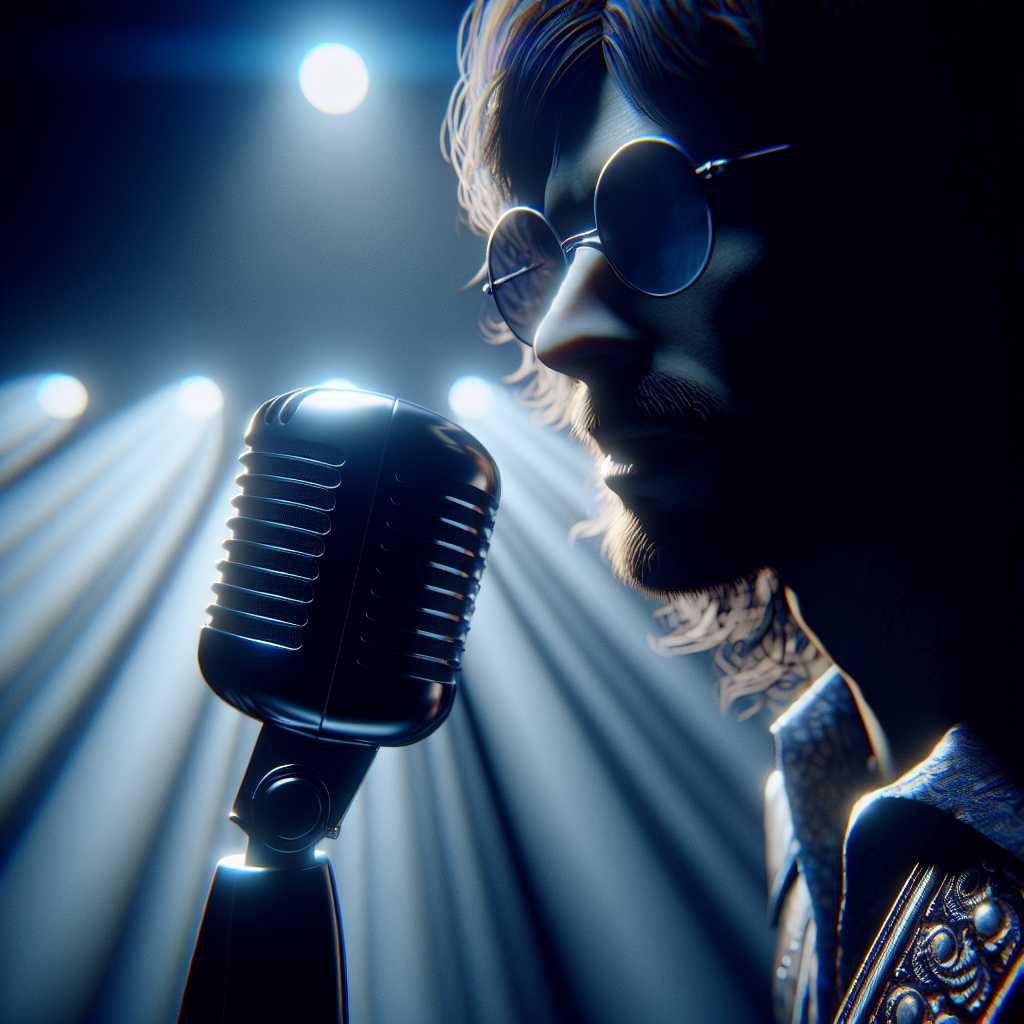Example Article
Origins of Ozzy Osbourne’s Vocal Identity
Ozzy Osbourne, often hailed as the ‘Prince of Darkness,’ possesses one of the most instantly recognisable voices in rock and heavy metal. His vocal style is characterised by a distinctive nasal tone, raw emotional delivery, and a haunting timbre that has captivated audiences since the early 1970s. Emerging from Birmingham’s industrial backdrop, Osbourne’s voice was shaped by both his working-class roots and the gritty environment in which Black Sabbath first took form. Unlike many metal vocalists who rely on operatic or high-pitched screams, Ozzy’s approach is far more grounded, evoking a sense of vulnerability beneath his dark persona.
His early influences ranged from blues singers to rock and roll legends, which contributed to his unique phrasing and melodic sense. This fusion created a vocal style that was unconventional yet deeply expressive, setting him apart from his contemporaries. Ozzy’s voice became an instrument in itself, often conveying despair, menace, or eerie calm that perfectly matched Black Sabbath’s pioneering heavy sound.
Technical Aspects of Osbourne’s Singing Technique
From a technical standpoint, Ozzy Osbourne’s voice is deceptively simple but effective. He utilises a moderate vocal range, typically hovering around baritone territory, which lends a warm yet haunting quality to his singing. His signature slight nasal resonance is partly due to natural vocal anatomy but also enhanced by his deliberate enunciation and phrasing choices. This nasal quality helps his voice cut through dense guitar riffs and heavy drums without needing excessive volume or strain.
Moreover, Osbourne employs subtle vibrato and occasional melodic slurs that add character without overwhelming the clarity of lyrics. His breathing technique supports sustained notes with a controlled tremor, contributing to the emotional weight of ballads like “Mama, I’m Coming Home.” Despite occasional criticism for being out of tune during live performances, many fans and critics agree that it is precisely this rawness and imperfection that make his delivery authentic and relatable.
Ozzy’s ability to convey complex emotions through relatively simple vocal lines demonstrates an intuitive understanding of musical storytelling rather than reliance on technical virtuosity.
Impact on Heavy Metal and Vocal Influence
Ozzy Osbourne’s vocal style has had an enduring influence on multiple generations of metal singers. His approach demonstrated that power metal vocals need not always be about high-pitched screams or extensive range; instead, emotional expression and atmosphere could be equally compelling. Singers in subgenres like doom metal, gothic metal, and even alternative rock have cited Ozzy as a key inspiration.
Beyond technical influence, Osbourne helped shape the archetype of the troubled rock frontman whose voice communicates vulnerability as much as menace. This duality became a staple in heavy metal storytelling and performance aesthetics. Furthermore, Ozzy’s distinct vocal branding helped solidify Black Sabbath’s sound as pioneering and timeless, influencing countless bands worldwide.
In modern music production, engineers often use specific microphone techniques and equalisation settings to preserve Ozzy’s characteristic nasal tone when producing tribute albums or remasters—highlighting how integral his voice is to the genre’s identity.
The Evolution of Ozzy’s Voice Over Decades
Over more than five decades in the industry, Ozzy Osbourne’s voice has evolved in response to age, lifestyle choices, and artistic direction. Early recordings with Black Sabbath show a relatively youthful timbre with clearer enunciation and slightly higher pitch ranges. As years progressed into his solo career, his voice took on a rougher edge marked by increased raspiness and deeper tonal qualities.
This evolution reflects both natural ageing processes affecting vocal cords and the wear-and-tear from years of touring and substance abuse struggles. However, rather than detracting from his appeal, these changes added layers of authenticity to his performances—many fans appreciate the seasoned texture as it conveys lived experience.
Recent recordings have seen Ozzy adapt by using studio techniques to support his voice while maintaining its characteristic essence. His continuing ability to perform live despite vocal challenges underscores his resilience and dedication to his craft.
Conclusion: The Enduring Power of Ozzy Osbourne’s Voice
Ozzy Osbourne’s vocal style is more than just singing; it is an emblematic element of heavy metal culture representing emotion, identity, and rebellion. His unique blend of rawness, melodic simplicity, and expressive nuance has left an indelible mark on music history. While not technically perfect by classical standards, his voice resonates deeply with millions because it conveys honesty and character.
As both a pioneer with Black Sabbath and as a solo artist, Ozzy’s vocals helped define what it means to be a metal frontman—someone who can embody darkness yet remain relatable through vulnerability. His legacy continues to inspire new artists who seek to capture not just power but soul in their singing.
Ultimately, Ozzy Osbourne proves that a truly iconic voice transcends technique alone; it is about connecting with listeners on an emotional level that endures across generations.
Notes
- Ozzy Osbourne’s debut album with Black Sabbath was released in 1970.
- His distinctive vocal timbre helped Black Sabbath pioneer the heavy metal genre.
- Despite limited formal vocal training, Ozzy’s voice remains influential among metal singers worldwide.
- Ozzy was inducted into the Rock & Roll Hall of Fame twice: once with Black Sabbath (2006) and once as a solo artist (not inducted separately).

